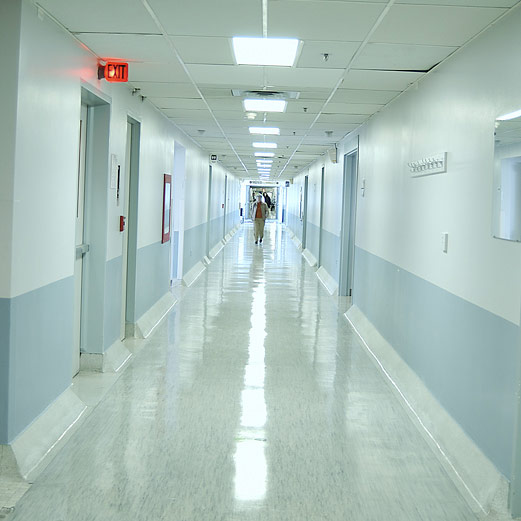Here are some of the latest health and medical news developments, compiled by the editors of HealthDay:
Treatment Shows Promise Against Alzheimer’s in Mice
Injections of a natural protein show promise against Alzheimer’s disease in mice, researchers say.
The treatment with interleukin 33 seemed to improve memory and help prevent and disperse brain deposits similar to those that occur in people with Alzheimer’s, BBC News reported.
The study was published in the journal Proceedings of the National Academy of Sciences.
While early human tests of the treatment are scheduled to start soon, the researchers at the University of Glasgow and the Hong Kong University of Science and Technology cautioned it will take many years before it’s known if the therapy benefits Alzheimer’s patients.
“Exciting as it is, there is some distance between laboratory findings and clinical applications. There have been enough false ‘breakthroughs’ in the medical field to caution us not to hold our breath until rigorous clinical trials have been done,” Eddy Liew, who led the work at the University of Glasgow, told the BBC.
“The role of the immune system in Alzheimer’s disease and other causes of dementia is a promising area of focus for drug discovery efforts,” Dr. Simon Ridley, director of research, Alzheimer’s Research UK, told BBC News.
“This early research in mice highlights a way of boosting the immune system to clear a toxic Alzheimer’s protein, but we’ll need to see the results of clinical trials before we’ll know whether this approach could one day help people living with the disease,” he said.
—–
Utah Bill Declares Pornography a Public Health Hazard
A resolution declaring porn to be a public health hazard will be signed Tuesday by Utah Gov. Gary Herbert, along with a bill that targets child pornography.
The resolution does not ban pornography and has no punishing powers. It states that pornography is “a public health hazard leading to a broad spectrum of individual and public health impacts and societal harms,” CNN reported.
It also states that pornography “equates violence toward women and children with sex and pain with pleasure, which increases the demand for sex trafficking, prostitution, child sexual abuse images, and child pornography.”
Utah would be the first state to make this type of declaration. A 2009 Harvard Business School study said residents of Utah were the highest per capita buyers of online entertainment in the country, CNN reported.
Herbert will also sign a bill that targets child pornography. It requires computer technicians who find child pornography during their work to report it to law enforcement officials. Failure to do so would be a class B misdemeanor.
The bill also says Internet service providers are not liable if they report “child pornography in compliance with specified federal law,” CNN reported.
—–
Blood Test for Asthma a Possibility: Researchers
A simple blood test may be able to diagnose asthma in people, according to researchers.
They assessed chemicals in the lungs and blood called microRNAs (miRNAs) and pinpointed 30 involved in asthma and allergies, as well as miRNA expression patterns that are highly accurate in identifying people with asthma, CBS News reported.
The findings in The Journal of Allergy and Clinical Immunology could lead to a blood test for asthma, according to study author Dr. Faoud Ishmael, associate professor of medicine and biochemistry and molecular biology, Penn State College of Medicine.
“Asthma is a very common disease, but it can actually be very difficult to diagnose, as we don’t have great diagnostic tests and there are no blood tests that can help us to diagnose the disease,” he told CBS News.
Ishmael and colleagues are continuing their research and hope to have a blood test for asthma in about five years.
About 25 million Americans have asthma.
Copyright © 2026 HealthDay. All rights reserved.

